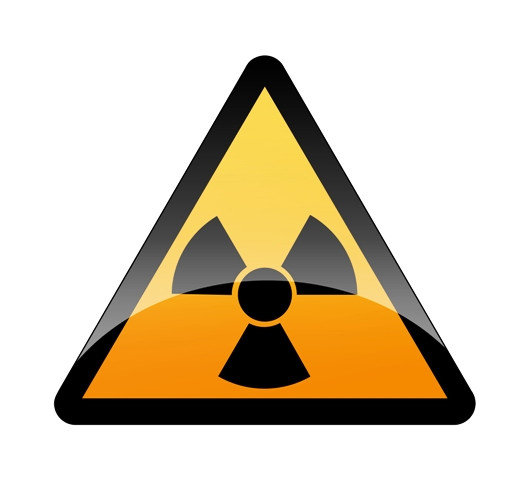Iran hopes for compromise at nuclear talks: Envoy
Iran wants France to help reach a compromise at crunch multilateral talks on its controversial nuclear programme.

Ali Ahani's comments in an op-ed for Saturday's Le Monde come ahead of Wednesday's nuclear talks in Baghdad pulling together Iran and the P5+1 powers - Britain, China, France, Russia and the United States plus Germany.
Western powers and Israel believe that Iran's civilian nuclear drive is masking an ambition to obtain nuclear weapons, a charge that Tehran vehemently denies.
The Baghdad talks "will, thanks to the parties' real and serious will, and on condition that realism dominates, open the path to obtaining a compromise that allows, on the one hand, to dissipate the concerns of the West," the Paris envoy wrote.
"And on the other hand, provide Iran with the necessary assurances relative to continuing its nuclear and uranium enrichment activities on its soil for completely civilian ends," he added.
After a 15 month hiatus, Iran and the P5+1 powers held their first talks in Istanbul in mid-April, described as "positive", with the Baghdad talks on May 23 hoping for more in-depth discussions.
"All of Iran's nuclear activities are under the surveillance of the IAEA (International Atomic Energy Agency). As a result, the continuing of these and of uranium enrichment in Iran is no cause for concern," Ahani wrote.
Inspections have "confirmed the absence of any deviation in Iran's nuclear programme," he wrote.
The op-ed came after Socialist Francois Hollande was this week sworn in as French president, replacing right-wing leader Nicolas Sarkozy.
Hollande headed to the United States on Friday for G8 summit preparation talks with US President Barack Obama, who warned Iran in March that time was running out to resolve the Iranian standoff through diplomacy.
Ahani did not mention repeated UN resolutions and US and EU economic sanctions aimed at getting Iran to cease uranium enrichment activities, which can be used to make reactor fuel or a nuclear bomb.
The ambassador nevertheless admitted that it is "not imaginable to expect France to distance itself from its other allies."
But "it is at least possible to hope that it opts from now on for a realistic and constructive vision, and that it works for the recognition of Iran's inalienable rights," to civilian nuclear technology, Ahani wrote.



















COMMENTS
Comments are moderated and generally will be posted if they are on-topic and not abusive.
For more information, please see our Comments FAQ